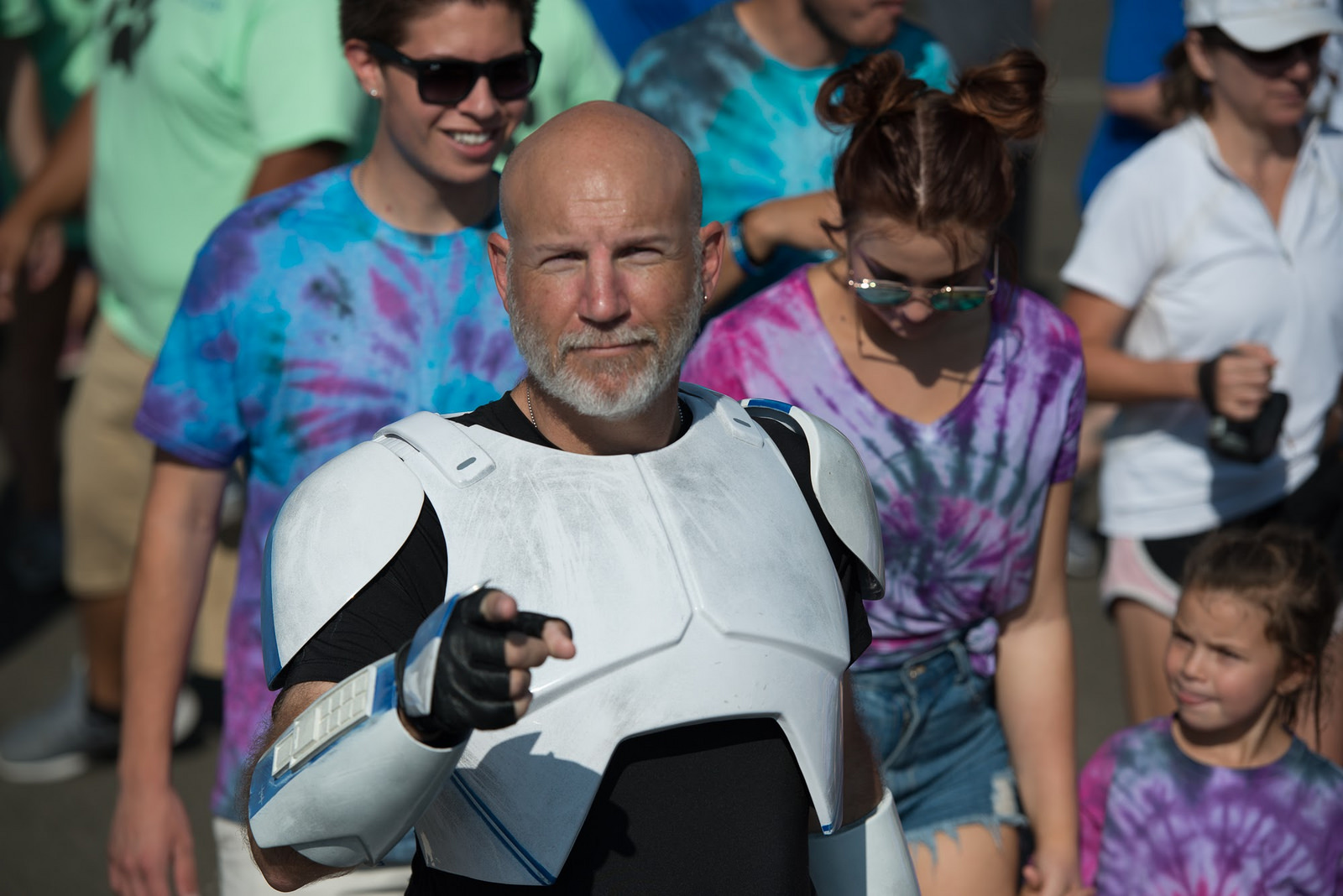Meet Scott: A Patient’s Perspective on Clinical Trials
By Scott Magerfleisch
In over fifteen years of involvement with JDRF, I have been privileged to participate in numerous studies and clinical trials to advance research for type 1 diabetes (T1D) management and care. I became aware of these studies through two main sources: the Barbara Davis Center and JDRF. I really got involved because as a young 15-year-old newly diagnosed type 1, I had no idea what to expect or how the research work was making my life easier every day. When I was older, I decided that not only did I want to help others get better diabetes care, but also I was willing to be an active participant to help the technology move forward. Imagine today if you had to wait days or weeks to get your A1C, or spend 30 seconds waiting for a blood sugar reading. That was how I started.
It has been very interesting to see how insulin pump technology has changed just in the last 12 to 15 years. Prior to FDA approval of the Medtronic MiniMed® 530G with Enlite® in 2013, I had the pleasure of participating in a clinical trial for this technology. This first-generation artificial pancreas device system was the first in the United States to automatically stop insulin delivery when glucose levels dropped too low. One of the methods of the trial was to run on a treadmill, starting in a normal range, and induce a low to trigger the suspension of insulin delivery. A major challenge in the trial was that if I went below 50 for three hours post exercise, the data could not be used. As most of you know, when you exercise and do not fuel, and do not change insulin delivery, you will drop. It was during the trial that the FDA determined a shorter time was acceptable, thus allowing more of our data to apply to the approval efforts. Working with the study doctors and nurses and device reps was always a pleasure, and they took such great care of me. It also helped me figure out how to manage my insulin delivery when I run – I just completed my 26th half marathon in January!
I think the trial I am most proud to have been a part of was the pre-FDA approval human trials for the new Medtronic 670G. This is the latest pump from Medtronic with the auto mode feature. I actually was wearing and using this pump five years ago, and was among the first to wear it outside of a controlled environment. The trials consisted of a semi-controlled diet, multiple clinic check in’s, and almost daily blood sugar data uploads and validations. The trials last real focus was a five day totally controlled visit to a downtown hotel, where we were monitored and evaluated 24/7. It was a great experience, and I think every member of that group (there were five of us) learned a lot about how the pump would work once it was released to the public. A great additional benefit was we were offered the chance to keep the pump for use, even prior to FDA approval.
The Coronary Artery Calcification in Type 1 Diabetes (CACTI) Study is an ongoing study that measures the impacts of T1D on a patient’s heart. I have been, and continue to be, a part of this study over the past 10 years. This includes heart scans every few years for tracking, as well as other things (like a recent deep dive into the health of my teeth).
If you or your child are asked to participate in research or clinical trials, I would highly suggest you consider the possibility. Nothing happens in medical advancement without trials and patients willing to give of their time to help further medical research. As a final “cherry on top” feature, many times these trials do include some financial compensation.
For more information about participating in a Clinical Trial visit:
- JDRF: https://www.jdrf.org/impact/research/clinical-trials/
- CU Diabetes & Endocrinology Clinical Trial Program: http://www.ucdenver.edu/academics/colleges/medicalschool/departments/medicine/EndocrinologyMetabolismDiabetes/trials/dect_program/Pages/default.aspx
- Type 1 Diabetes TrialNet: https://www.trialnet.org/
- ASK: https://www.askhealth.org/
